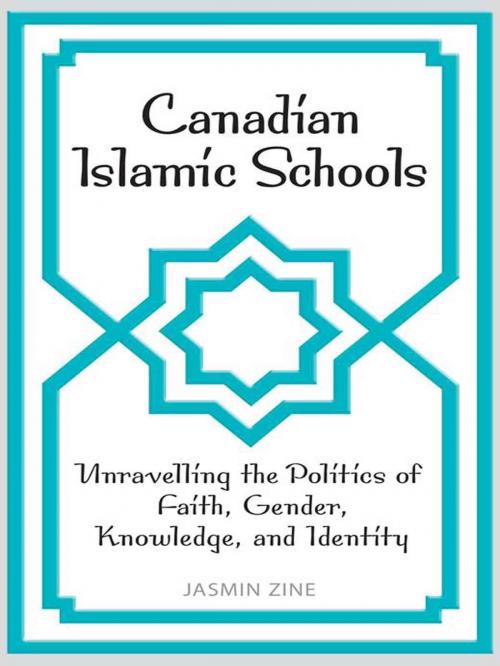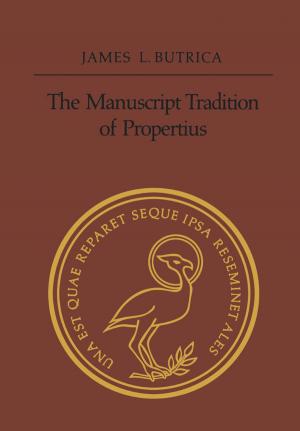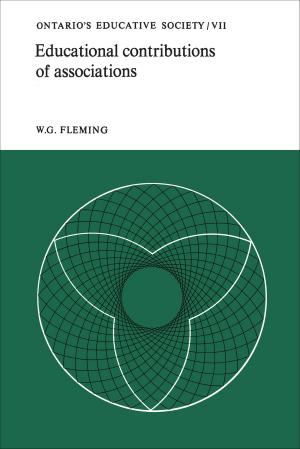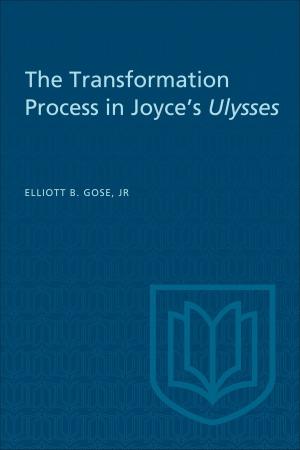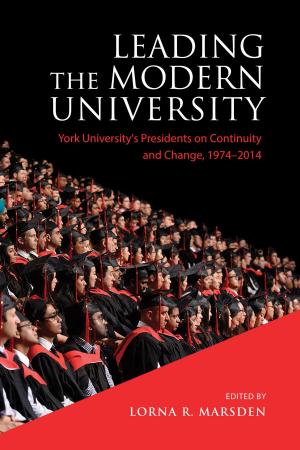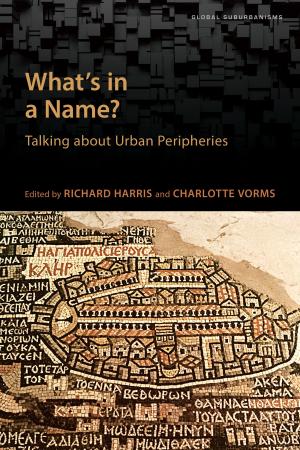Canadian Islamic Schools
Unravelling the Politics of Faith, Gender, Knowledge, and Identity
Nonfiction, Social & Cultural Studies, Social Science| Author: | Jasmin Zine | ISBN: | 9781442692947 |
| Publisher: | University of Toronto Press, Scholarly Publishing Division | Publication: | November 29, 2008 |
| Imprint: | Language: | English |
| Author: | Jasmin Zine |
| ISBN: | 9781442692947 |
| Publisher: | University of Toronto Press, Scholarly Publishing Division |
| Publication: | November 29, 2008 |
| Imprint: | |
| Language: | English |
Religious schooling in Canada has been a controversial subject since the secularization of the public school system, but there has been little scholarship on Islamic education. In this ethnographic study of four full-time Islamic schools, Jasmin Zine explores the social, pedagogical, and ideological functions of these alternative, and religiously-based educational institutions. Based on eighteen months of fieldwork and interviews with forty-nine participants, Canadian Islamic Schools provides significant insight into the role and function that Islamic schools have in Diasporic, Canadian, educational, and gender-related contexts.
Discussing issues of cultural preservation, multiculturalism, secularization, and assimiliation, Zine considers pertinent topics such as the Eurocentricism of Canada's public schools and the social reproduction of Islamic identity. She further examines the politics of piety, veiling, and gender segregation paying particular attention to the ways in which gendered identities are constructed within the practices of Islamic schools and how these narratives shape and inform the negotiation of gender roles among both boys and girls.
A fascinating and informative study of religious-based education, Canadian Islamic Schools is essential reading for educators, sociologists, as well as those interested in Immigration and Diaspora Studies.
Religious schooling in Canada has been a controversial subject since the secularization of the public school system, but there has been little scholarship on Islamic education. In this ethnographic study of four full-time Islamic schools, Jasmin Zine explores the social, pedagogical, and ideological functions of these alternative, and religiously-based educational institutions. Based on eighteen months of fieldwork and interviews with forty-nine participants, Canadian Islamic Schools provides significant insight into the role and function that Islamic schools have in Diasporic, Canadian, educational, and gender-related contexts.
Discussing issues of cultural preservation, multiculturalism, secularization, and assimiliation, Zine considers pertinent topics such as the Eurocentricism of Canada's public schools and the social reproduction of Islamic identity. She further examines the politics of piety, veiling, and gender segregation paying particular attention to the ways in which gendered identities are constructed within the practices of Islamic schools and how these narratives shape and inform the negotiation of gender roles among both boys and girls.
A fascinating and informative study of religious-based education, Canadian Islamic Schools is essential reading for educators, sociologists, as well as those interested in Immigration and Diaspora Studies.
